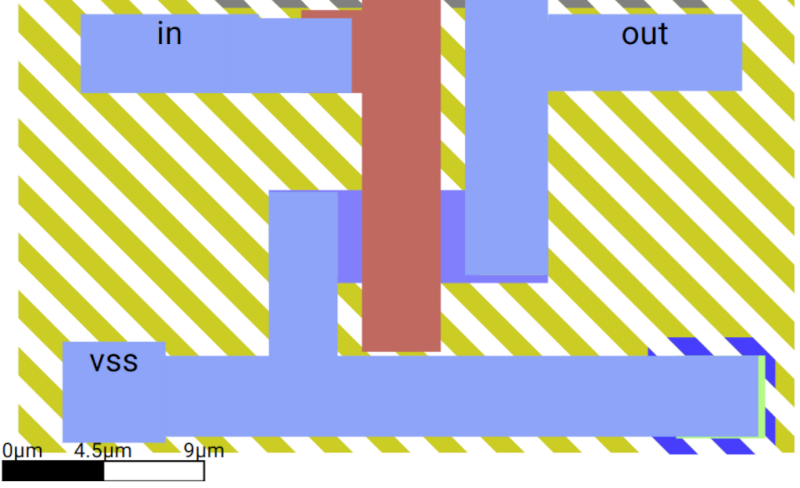
If you have three hours and you want to learn the fundamentals of semiconductors, [Tiny Tapeout] has something for you: An introduction to SiliWiz. You’ll also need the SiliWiz software (or use it online), which resembles the kind of tools that chip designers use but is meant for students to use as a learning tool
Using SiliWiz, you create layers on a virtual device, and you can use Spice to view the results. The tutorial is meant to be high-level and is suggested for students aged 14 or over (but we liked it and we are quite a bit older than that). Some more advanced material is also available at the same site.
SiliWiz is easy to use. You build layers of n or p material, metal, or polysilicon. A slider lets you show a cross-section at a particular point. You label metal endpoints and use the simulation to plot the results. As expected, the process mimics a simplified version of the open-source Skywater process design kit.
We’ve had experience designing and doing failure analysis on ICs, and it is truly a different world. For example, resistors created with diffusion or polysilicon are typically difficult to make precise (that’s why you see laser-trimmed resistors on expensive precision components). However, because photolithography is very precise, the ratio of two capacitors can be a very dependable value even if the absolute value of each capacitor is less predictable. So for a digital-to-analog converter, for example, on a PCB you might use resistors, while on an IC, you are more likely to use capacitors where the ratio of values is well-known. Getting that kind of precision on a PCB with discrete capacitors would be tough.
Designing chips is not easy, and you usually want to start at a higher level and then translate your idea into silicon. SiliWiz isn’t going to give you a directly buildable design, but it will help you understand the IC design and fabrication process better.
We’ve covered the Skywater PDK before. We highly suggest you check out [Matt Venn’s] Zero to ASIC workshop if you plan to take this further.
The Wizard of Semiconductors
Source: Manila Flash Report
0 Comments